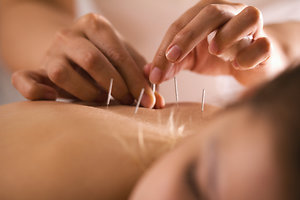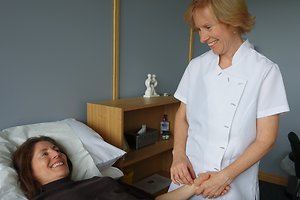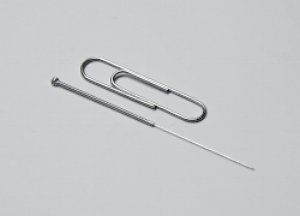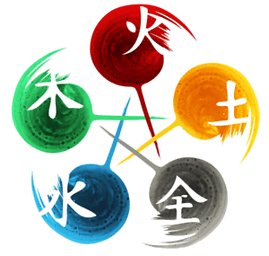What is acupuncture?
Acupuncture is a branch of traditional medicine that has been practised in China and the Far East for thousands of years. It has been developed, tested, researched and refined over this time into a treatment option accessed by increasing numbers of patients in the West. Without the benefit of modern scientific equipment, the first acupuncturists discovered many now familiar aspects of biomedical science.
A growing body of evidence-based clinical research is discovering how the body responds to acupuncture and its benefits for a wide range of common health conditions. Many people have acupuncture to relieve specific aches and pains such as osteoarthritis of the knee, headaches and low back pain; others come for common health problems like IBS, while some people come because they are stressed or dealing with intense emotions. Other people choose acupuncture when they can feel their bodily functions are out of balance but have no obvious medical diagnosis. Many also have regular treatments simply because they find it beneficial and relaxing.
The focus for a traditional acupuncturist is on the patient as an individual and not just their specific illness, and all symptoms are seen as part of an interconnected pattern. Treatment involves the insertion of very fine needles into specific points which are said to affect the flow of your body’s qi, or vital energy. On-going research and study suggests what many practitioners already know: that inserting needles into the channels (or meridians) affects beneficial change within the human body.
What to expect when you come for acupuncture
Your initial visit will take up to an hour and a half and consists of a personal and medical consultation covering your family history, lifestyle, systems functions (eg. sleep, appetite) and full details of your current complaint/s and any test or investigations that you have had. You will also have the opportunity to discuss in complete confidence any concerns or troubles you may currently be dealing with. After your consultation I will carry out a number of short non-invasive physical diagnostic tests including pulse taking, abdominal palpation and temperature distribution. In most cases, this is then followed by your first treatment. Subsequent appointments take up to an hour, and include discussion of your progress and your treatment to date.
What does acupuncture feel like?
Many patients are concerned that acupuncture may be painful but as the needles are flexible and about as thick as two human hairs there is usually only a very slight sensation as it enters the skin. Sometimes patients also feel a dull ache on the acupuncture point but this also only lasts for a few seconds and is generally not considered to be uncomfortable. Many find acupuncture relaxing and feel very calm after a treatment; you may also feel a little tired or sleepy so if possible, try to arrange for your first session for a relatively restful and quiet day.




